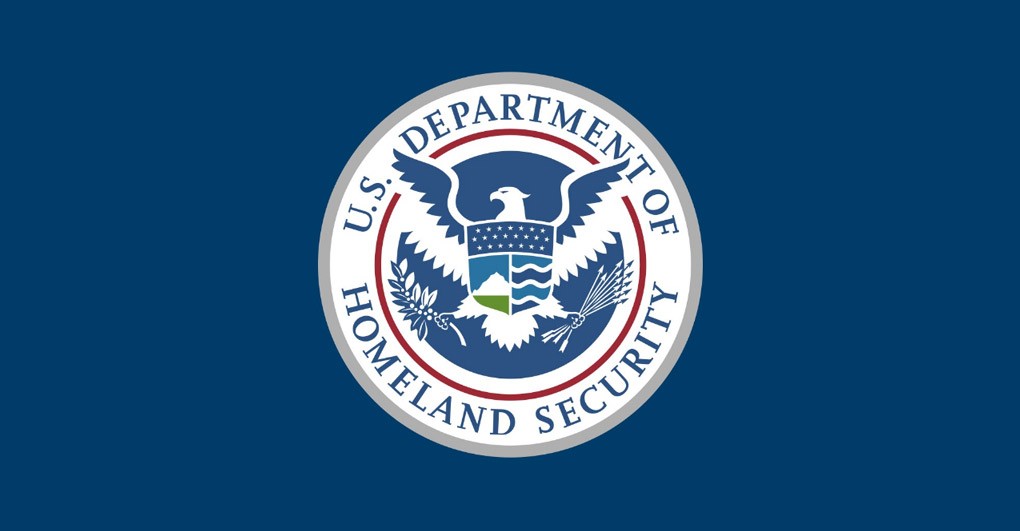Many H-1B applicants were extremely concerned about the prior administration’s proposed wage-based section system that would disadvantage recent U.S. graduates and certain professionals in favor of applicants with the higher paid jobs. DHS has indicated it will delay the effective date of the final rule titled “Modification of Registration Requirement for Petitioners Seeking to File Cap-Subject H-1B Petitions,” until December 31, 2021.
The proposed rule amends the process by which USCIS would be selecting H-1B registrations for filing of H-1B cap-subject petitions. Under the delayed rule, USCIS would have first selected registrations based on the highest occupational employment statistics prevailing wage level that the offered wage equals or exceeds for the relevant standard occupational classification code and area(s) of intended employment. If implemented, the rule would have favored higher paid occupations.
Last Friday on February 5, 2021, USCIS announced the FY2022 H-1B cap initial registration period will open March 9, 2021. The delayed final rule means this H-1B cap registration will follow current regulations, which is a lottery involving random selection. For more information about the FY 2022 H-1B cap registration process and timeline, please read WR’s alert here.
Sources:


